Science Articles
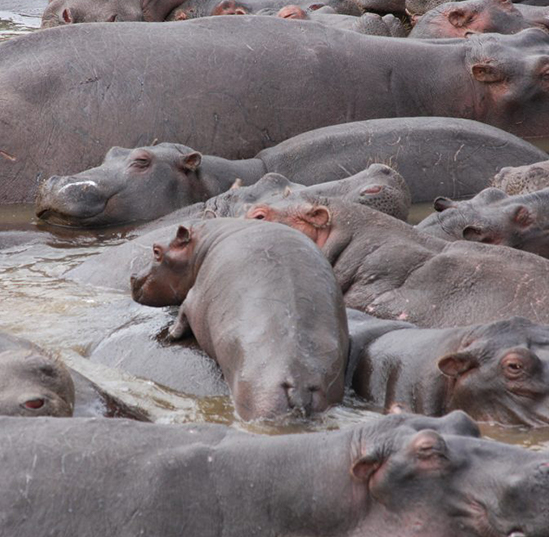
Hippo poop, new research has found, turns water pools into extensions of the hippos’ guts, as bacteria and other microbes expelled into the water survive and are shared among the congregating animals. This “meta-gut,” as the researchers termed it, could have major impacts on the hippos’ ecosystems.
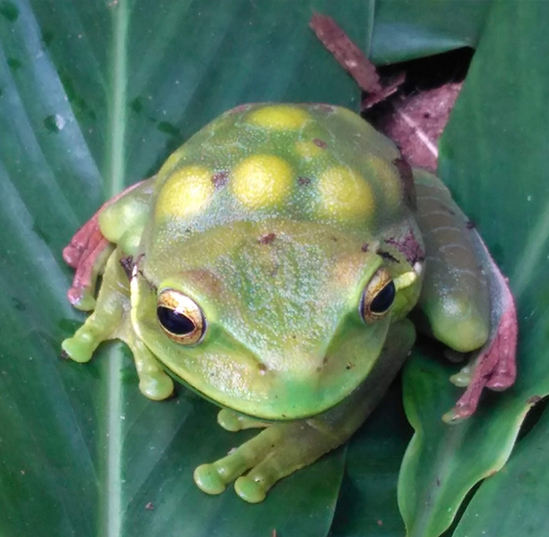
In a new study, biologists laid to rest a century-old debate by confirming that a single species of frog, out of the more than 7,000 living today, has true teeth on its lower jaw.
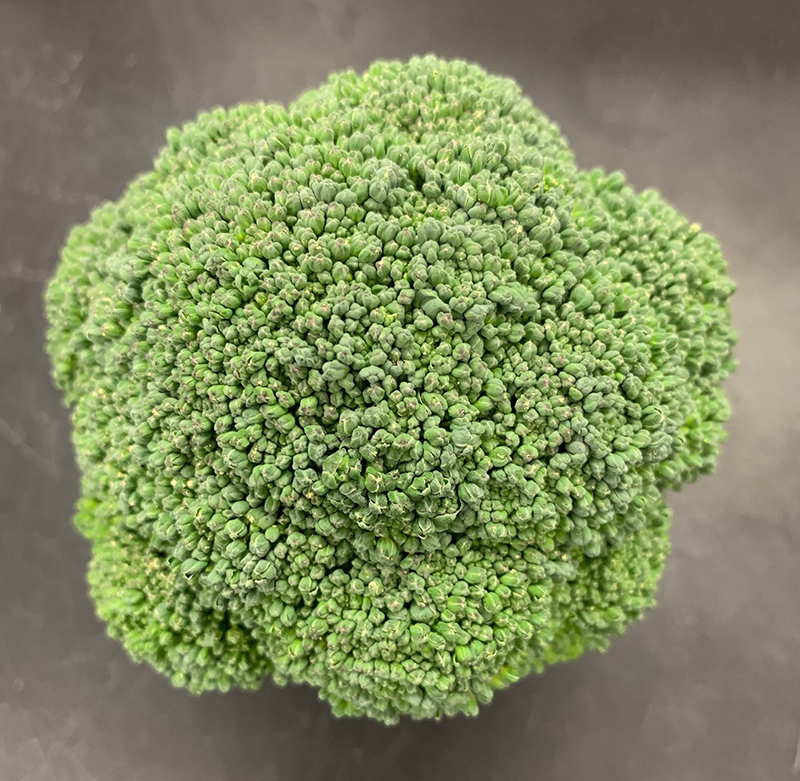
Researchers have identified genes in broccoli that regulate how broccoli degrades after it’s harvested. These insights could ultimate help develop a quick and easy freshness test for produce and help breed broccoli that stays fresher longer.
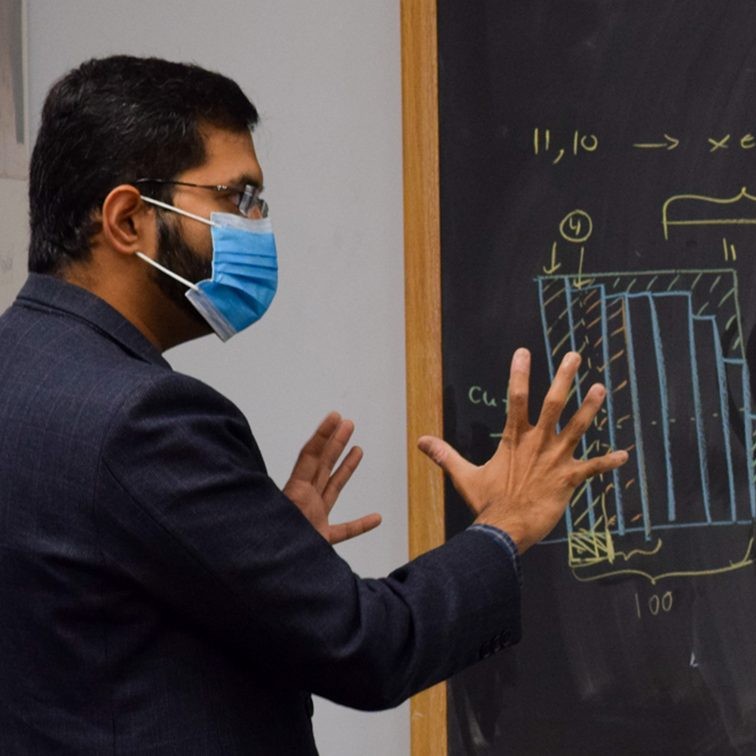
A UF biological physicist believes that artificial intelligence can let us in on cells' conversations — and possibly help scientists introduce more targeted, effective therapies in medicine.
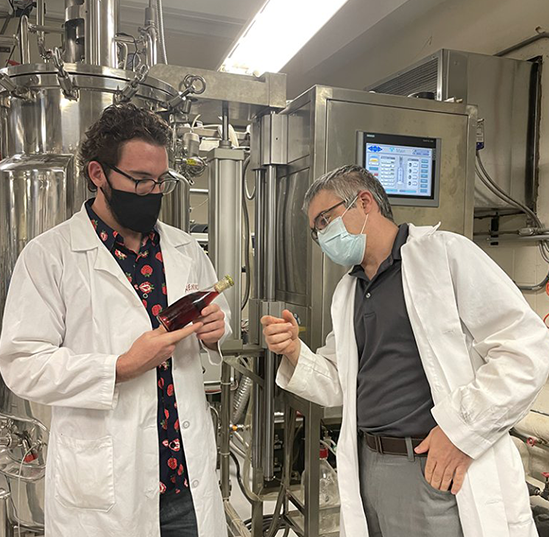
Still or sparkling? When it comes to Florida-grown fruit wines, consumers prefer fizzy over flat.
That’s the finding of a recent study from the University of Florida, which shows that taste testers prefer carbonated blueberry and muscadine wines over their non-carbonated versions.
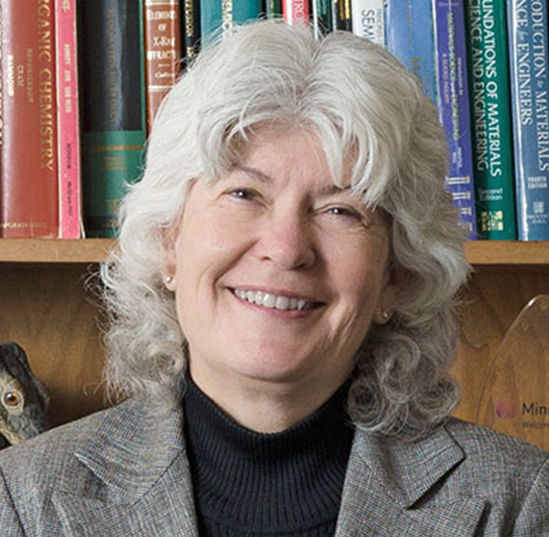
With demand and global trends in mind, the University of Florida is focused on powering the new engineer needed to transform the society of the future.
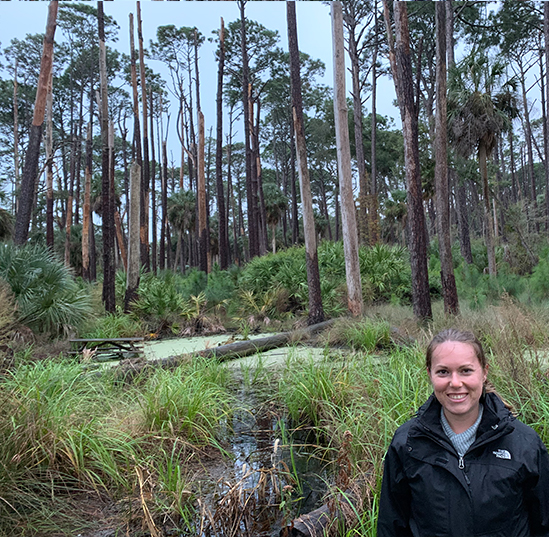
Salvaging plant species from future development sites could contribute much-needed native plant material to nurseries. These efforts can prevent the waste of valuable plant material and reduce the resources required to grow plants for future development sites (such as water, fertilizers and pesticides).

A University of Florida professor is set to speak at Nvidia’s GTC on how artificial intelligence programs can reduce intentional and accidental losses of inventory at registers and self-checkout terminals.
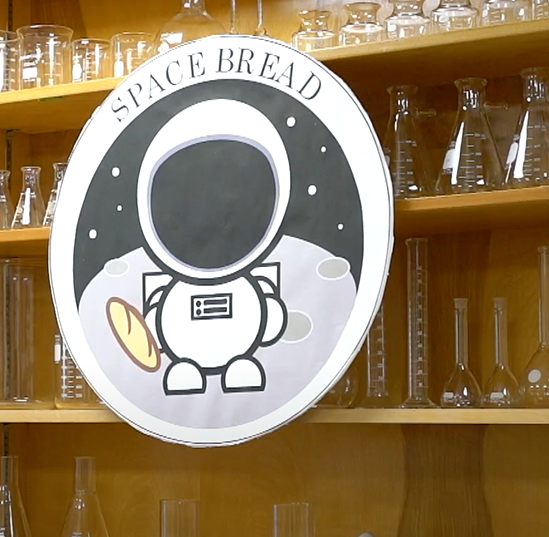
Hope Hersh, a UF/IFAS CALS Ph.D. student studying plant molecular and cellular biology, developed a bread that can be made in space. The project was submitted to NASA's Deep Space Food Challenge.
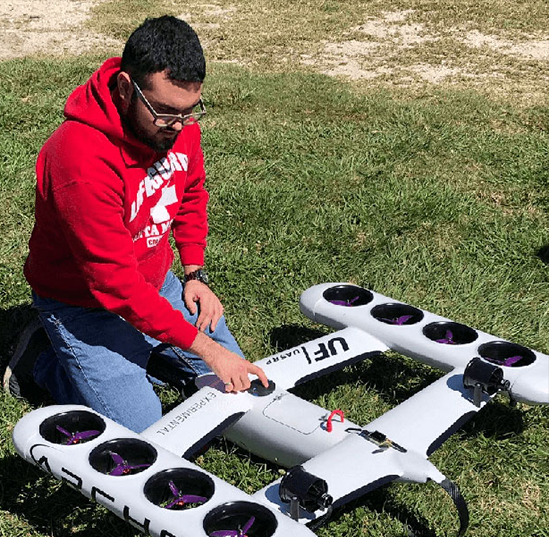
As successful serial entrepreneurs, Adam Goldstein and Brett Adcock are always looking for the next big thing. EVTOLs, short for electric vertical take-off-and-landing vehicles, had a compelling appeal, but there were challenges. Yet, a chance meeting with a fellow Gator at a conference turned out to become the beginning of an adventure that could get flying taxis into the air.
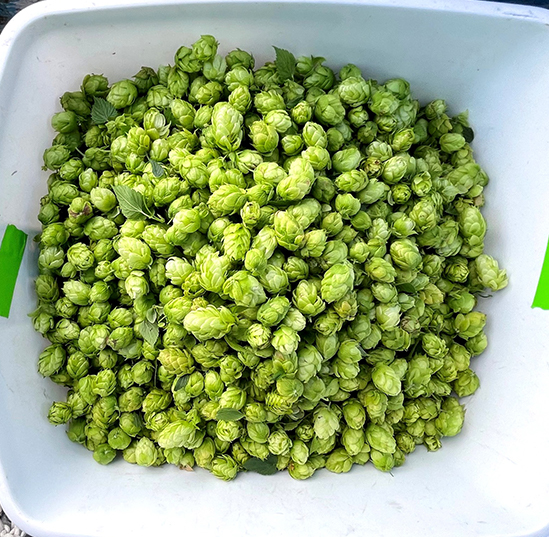
Craft beer lovers want to know about taste and aroma, and UF/IFAS researchers see an increase in alpha acid in the hops they grow.
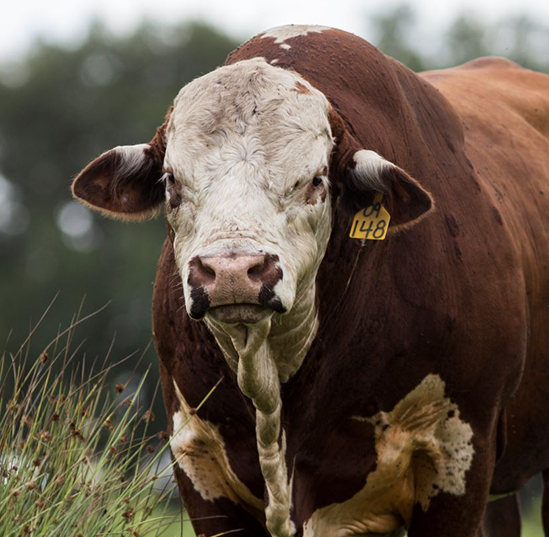
Heat stress impairs animal performance and health, leading to annual losses of $1.2 billion for the dairy, beef and swine industries in the United States. That’s why Philipe Moriel and other University of Florida scientists are working to reduce the damage to cattle brought on by Florida’s often-oppressive heat.
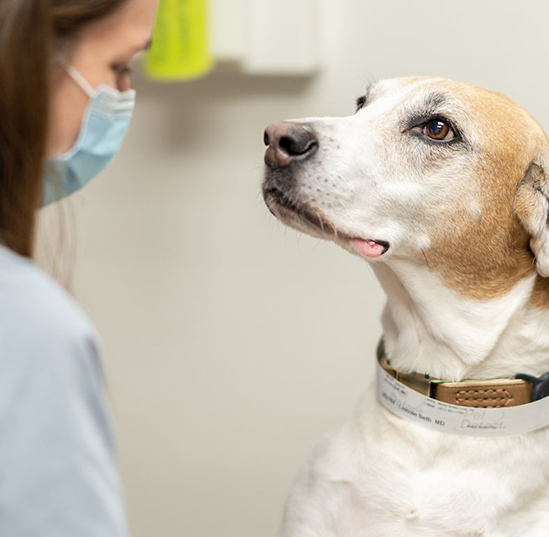
The UF college is one of only three veterinary colleges in the country to own the technology, which allows the use of highly targeted radiation to deliver more precise and faster treatment of tumors within the abdominal cavity or the chest, where movement occurs due to breathing.
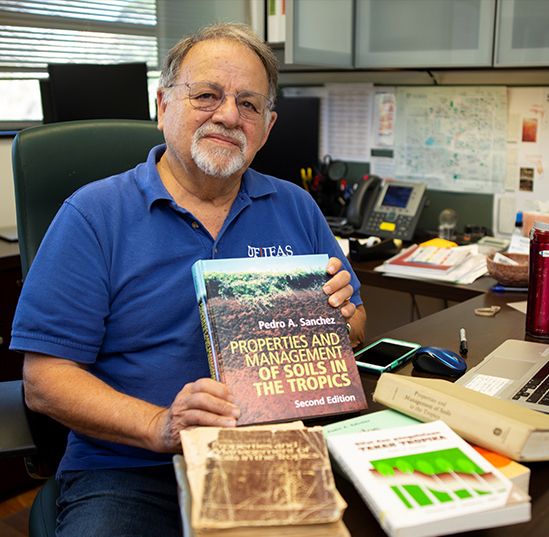
Pedro Sanchez celebrates and pays homage to his Hispanic heritage and cultural history each day by crediting the Latin roots he came from for the passion that inspired him to lead a life’s work dedicated to fighting food insecurity as a pioneer in the field of tropical soils.